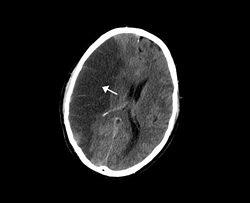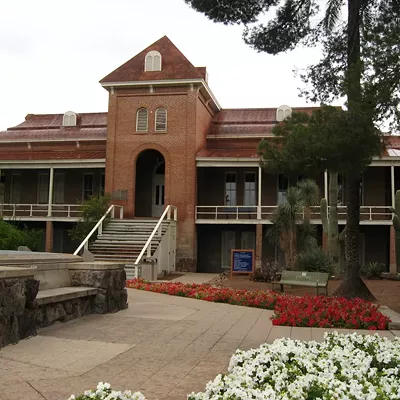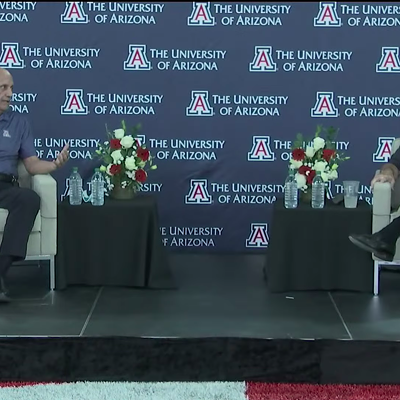Wednesday, February 21, 2018
UA Researchers: Liquid Brain is Toxic
When someone suffers a stroke, there is poor blood flow to the brain, and this results in the death of brain cells. Dead fragments of the brain don’t heal like normal muscle or body tissue — they liquify, and this liquid brain stays in the skull, right next to the healthy brain, for a long time.
Scientists at the UA’s College of Medicine found this liquefied brain tissue is toxic and can leak into the remaining healthy portion of the brain over time, potentially causing harm.
“Most people probably assume that the brain heals in the same way as other tissues,” said Kristian Doyle, PhD, assistant professor of Immunobiology at UA. “But it doesn’t; dead brain tissue doesn’t just heal and go away like other bodily injuries. Instead it liquefies and remains in this liquefactive state for a long time.”
These new findings may open the door for developing new treatments to fight dementia after a stroke. Roughly 10 million people survive a stroke annually. About one-third of which will develop dementia for unclear reasons. It is hypothesized that if the brain is injured near the hippocampus (the portion of the brain responsible for memory) this slow leak of toxic fluid can cause neuron loss in the brain and lead to memory problems.
“This work really challenges the old paradigms and breaks new ground critical for our understanding of stroke and its consequences,” said doctor Janko Nikolich-Zugich, chair of the UA Department of Immunobiology. “Thanks to this research, we now will be able to consider new and different stroke therapies.”
Tags: UA , College of Medicine , Stroke , Image
















